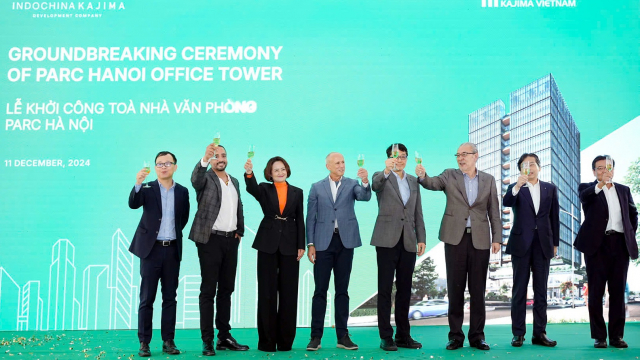Property
Sharing economy blurring of the lines between real estate sectors
The key benefits of the sharing economy are flexibility, maximising value and the collaborative, human element.

While the headlines are grabbed by big names such as Uber and WeWork, these companies and their multibillion dollar losses tend to distract from the more subtle and significant benefits of “co-everything”, said Savills' Head of Asia Pacific Research Simon Smith.
The sharing economy is typically defined as an economic system in which assets or services are shared between private individuals, either free or for a fee, typically via the internet. Real estate investors will be primarily interested in sharing for a fee, and not just investors.
Simon Smith said that the key benefits of the sharing economy are flexibility, maximising value and the collaborative, human element.
Flexibility is touted as a benefit for users, which can be offered by landlords in exchange for higher returns. However there are also flexibility benefits for landlords, especially if they offer their own co-working service. A certain portion of a building can be set aside for flexible office use, but this portion itself can be flexible, so that buildings can adapted more easily to the needs of the market.
Maximising revenue is every business’s goal and the sharing economy allows landlords to drive more income from the same space. Therefore, pop-up stores can revitalise and bring extra revenues to shopping centres, but they can also appear in offices, or hotels and disappear when their allure has faded or a better use can be found for the space.
A soft benefit of shared office space is the potential for collaboration, whether by design or by the happy accident of meeting someone by the water cooler. This stuff is hard to quantify; landlords can’t claim a fee if two of their tenants merge. However, this human element is important. So much of workspace is in fact digital, via laptops and telephones, that people mainly go into work to interact. The sharing economy is helping landlords on providing spaces for people, not companies.
"With shops in offices, events in shopping centres and hotels in the home, it is clear that the sharing economy is blurring of the lines between real estate sectors", said Simon Smith.
Big foreign developers to enter Hanoi apartment market
Indochina Kajima breaks ground on Grade A office building in Hanoi’s emerging hub
Parc Hanoi marks Indochina Kajima's first office-for-lease project in its $1 billion investment plan in Vietnam.
Hanoi's property boom: Will the housing price surge ever stop?
While the average price of apartments in Hanoi has reached new heights, with supply primarily concentrated in the premium and luxury segments, there are still no signs of a price slowdown.
Luxury apartment prices soar in Hanoi amid supply shortage
The supply of luxury apartments in central Hanoi is becoming increasingly scarce, pushing starting prices to new highs.
Revitalizing Vietnam’s hospitality sector: A shift in branding
Vietnam's hospitality industry is undergoing a major transformation with a brand repositioning strategy that emphasizes unique, sustainable, and community-focused experiences.
Hanoi’s apartment market surges as prices hit new heights
High demand and limited supply drive transactions in major urban areas despite soaring costs.
Real estate sector anticipates new investment wave
Despite the real estate market's lackluster performance, several companies are accelerating land acquisition efforts.










































